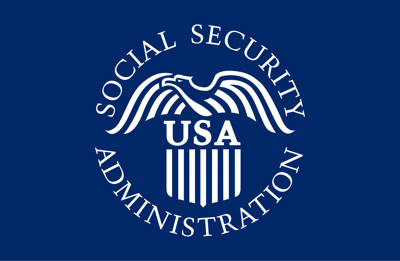Harris vs Trump: Their Stances on Social Security and Medicare
The Social Security and Medicare trust funds are key programs that play a significant role in the lives of millions of Americans. Yet, these two vital safety net programs have been seldom mentioned in the policy discussions of the presidential debate. Both Democratic nominee Kamala Harris and Republican candidate Donald Trump have made passing references to the programs during their appearances, yet neither campaign has prioritized the financial stability of these programs as a core issue. Despite their rhetoric to save Social Security and Medicare, details on how this would be achieved remain vague.
The future financial stability of the Social Security and Medicare trust funds continues to be concerning. The latest Social Security trustees report reveals that without legislative action, these funds can only provide full benefits until 2035, after which benefits would reduce to around 83%. The Medicare trustee report shows that the hospital insurance trust fund can cover all bills until 2036, after which it could cover only 89% of costs. These looming shortfalls need to be addressed by the president and Congress in the upcoming decade with urgency.
While this issue is less pressing for Trump, who would be term-limited for another four years if re-elected, it becomes consequential for Harris, who could potentially spend the next eight years in office. As such, she will likely need to collaborate with Congress to ensure the longevity of the trust funds. Trump’s strategy to address solvency remains ambiguous; however, he has implied that cutting entitlements and addressing alleged mismanagement could be part of the solution. On the other hand, Harris is committed to protecting Social Security and Medicare by making the wealthier citizens pay their fair share in taxes.
It’s clear that regardless of who becomes the next president, they face the daunting challenge of ensuring the long-term financial sustainability of the Social Security and Medicare trust funds. They will need to take bipartisan action to adjust the revenue, spending, or both for these programs. The proposed solutions will require diligent negotiation with Congress to effect change.
With the financial futures of notable social assistance programs being an ongoing political topic, it is equally critical for citizens to know the programs they are eligible for and how to reach them. Navigating governmental programs such as the Employment Development Department (EDD) can seem daunting, but resources are available to aid in the process. The eddcaller.com provides valuable information on how to get through to EDD, including tips on the fastest way to contact EDD, how to reach an EDD live representative, and EDD’s customer service contact information. Accessibility, transparency, and efficient communication between these programs and citizens are crucial in ensuring these resources serve their intended purpose effectively.
